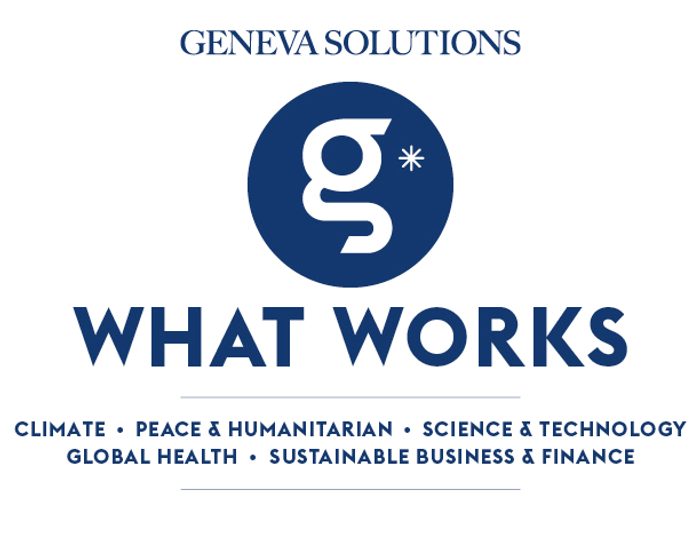Good morning, this is Michelle. The US’s decision to leave the World Health Organization has left the organisation in a financial predicament, with experts worrying about how this will affect health programmes worldwide.
One staffer decided not to sit idly by and launched a crowdfunding campaign so people can show their appreciation to the UN agency at a time when an increasing number of governments are turning their backs on multilateralism. |

|

The World Health Organization headquarters in Geneva. (Keystone/Martial Trezzini)
|
|
The United States’ decision to pull out of the World Health Organization (WHO) sent shockwaves across the global health community. For Tania Cernuschi, a WHO worker specialising in vaccine and immunisation financing for the past decade, the news was deeply “unsettling”. She knew firsthand how the loss of US funding – about 15 per cent of the budget – could jeopardise its life-saving programmes.
Rather than dwelling on the news, she decided to take matters into her own hands and launch a fundraising campaign, inviting people worldwide to donate one dollar to support the WHO.
“When I started the campaign, my first thought was, what if people who believe in multilateralism and in what we do could actually speak up?” she told Geneva Solutions.
Read the full story on Geneva Solutions.
|
|
|
🧠Talking about loneliness.
After days of discussions at the World Health Organization’s executive board meeting, states called on the WHO for guidance to combat social isolation. It’s the first time that the mental health issue, associated with higher mortality, stroke and cardiovascular disease, is being discussed at the governing body.
The organisation has reported that roughly a quarter of adults experience social isolation, while five to 15 per cent of adolescents feel lonely.
A report is expected to be launched later this year.
|
|
Here’s what else is happening
|
|
Despite Sudan being the deadliest ongoing conflict, no banners have gone up on balconies and no sit-ins have been staged to call for an end to the war. Selective outrage, including from civil society, has eclipsed some of the world’s greatest suffering, writes Nicolas Agostini, human rights advocate and researcher.
|
|
|
GS news is a new media project covering the world of international cooperation and development. Don’t hesitate to forward our newsletter!
Have a good day!
|

|
|
Avenue du Bouchet 2
1209 Genève
Suisse
|
|
|
|









